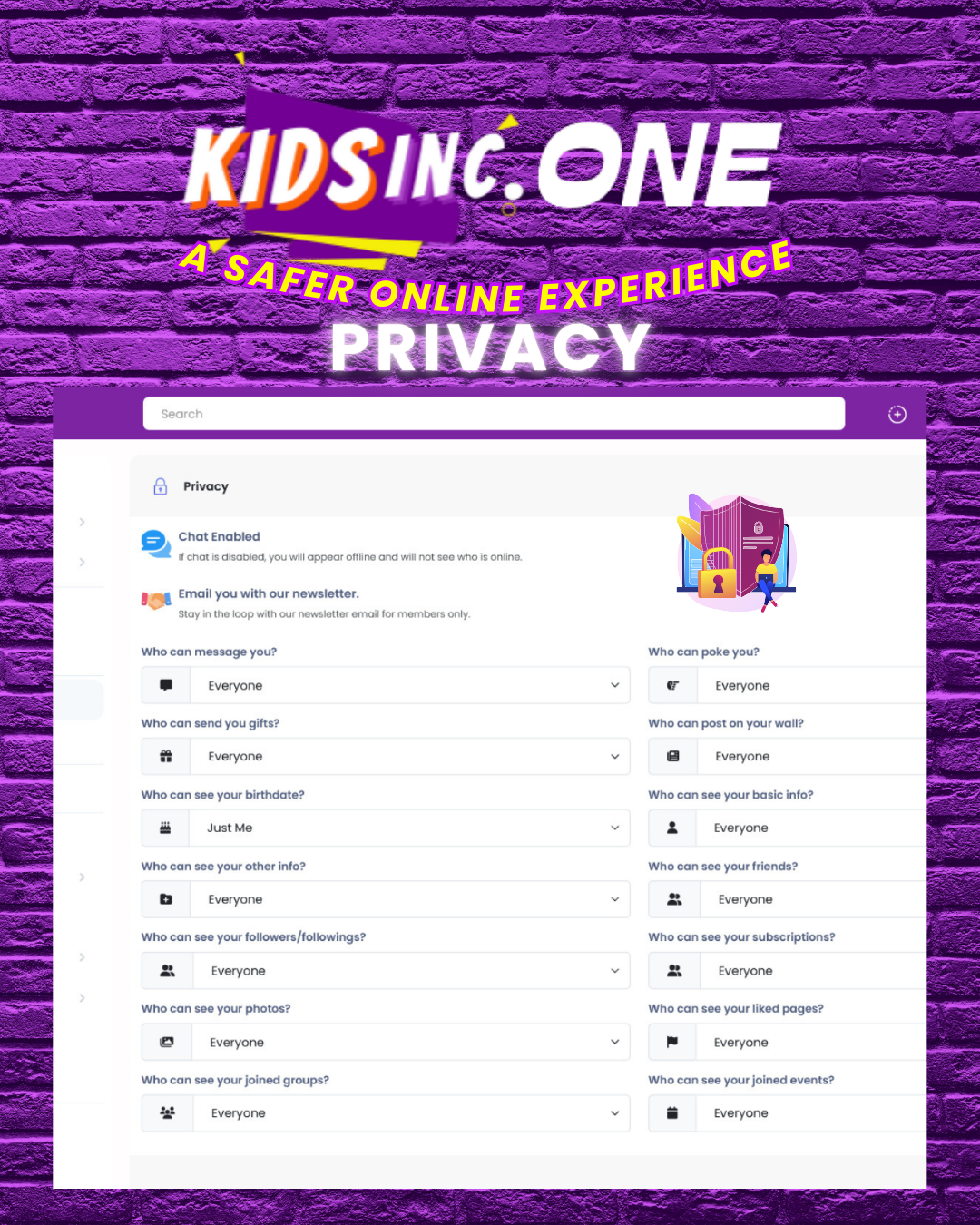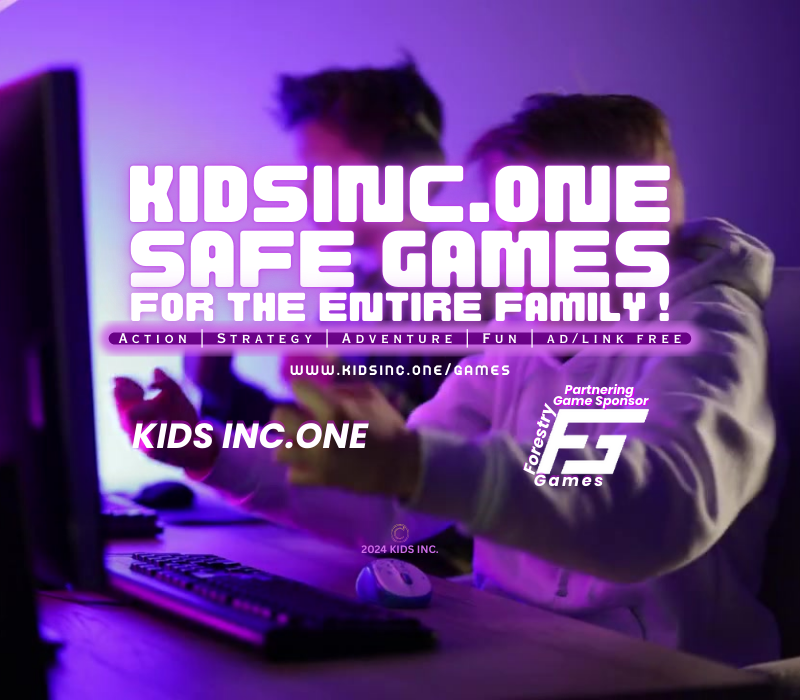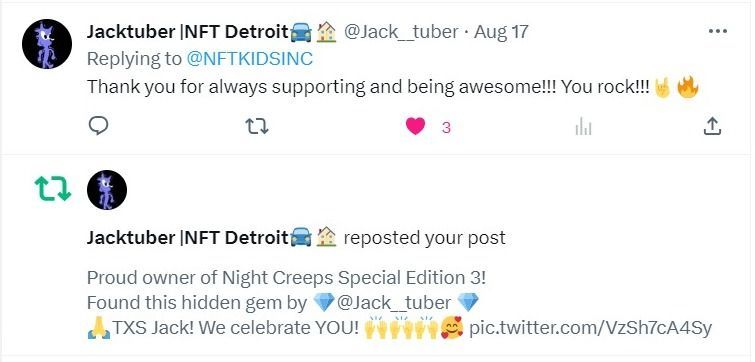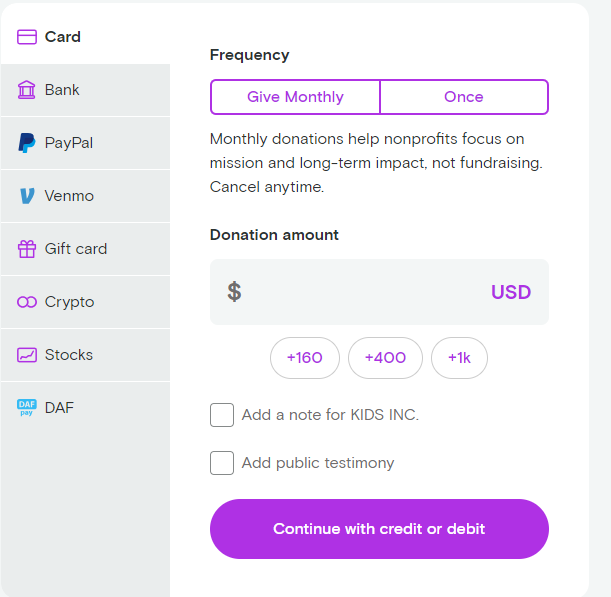The Shadow Market: How Big Tech Exploits Children's Data
Big Tech's Shadowy Market: How Children's Data Is Exploited and Sold

The Shadow Market: How Big Tech Exploits Children's Data
In the digital age, children are not just consumers of technology, they are its most valuable commodity. Their innocent online interactions, from playing games to browsing websites, leave a trail of data that is collected, analyzed, and sold by big tech companies. This vast ocean of children's data is a lucrative market, raising serious ethical and legal concerns about privacy, exploitation, and the potential for manipulation.
Leading tech giants like Google, Facebook, and YouTube are at the forefront of this data collection. Through their popular apps and platforms, they track children's online activities, including their search history, browsing habits, and app usage. This information is then used to build detailed profiles, which are sold to advertisers and other third-party companies.
For example, Google's "Family Link" app, advertised as a parental control tool, actually collects vast amounts of children's data, including their location, contacts, and even the content of their emails and messages. Facebook, despite restrictions on children's accounts, is notorious for tracking users' online behavior through various cookies and trackers, even when they are not actively using the platform.
Children's data is particularly valuable because it is seen as a "goldmine" for targeted advertising. By understanding their preferences and online behavior, companies can tailor ads to their specific interests and vulnerabilities. This raises concerns about the potential for manipulation and exploitation, as children are more susceptible to persuasive marketing tactics.
Furthermore, the buying and selling of children's data creates a complex shadow market, where information can be traded with little transparency or accountability. This lack of oversight puts children at risk of identity theft, phishing scams, and targeted malware attacks.
The current legal landscape is inadequate to protect children's data in the digital age. Existing laws are often outdated and fail to address the specific challenges posed by online data collection. Therefore, it is imperative to enact stricter laws and regulations that:
- Grant children stronger privacy rights: Children should have the right to understand, control, and delete their personal data. This requires clear and accessible privacy policies, as well as tools for managing data sharing and access.
- Increase parental control and transparency: Parents need to be informed about how their children's data is being collected and used. Platforms should provide clear and accessible information about data collection practices, as well as tools for managing data sharing and access.
- Hold companies accountable: Companies that violate children's privacy should face significant fines and penalties. This will act as a deterrent and encourage them to prioritize data security and privacy.
- Promote responsible data collection practices: The tech industry needs to develop and implement ethical guidelines for data collection, particularly when it comes to children. This includes minimizing data collection, maximizing data security, and ensuring transparency.
Protecting children's data is not just a legal issue, it's a moral imperative. We have a responsibility to ensure that children are able to explore the digital world without fear of exploitation or manipulation. By enacting stricter laws, promoting ethical data practices, and empowering parents and children, we can build a safer and more secure online environment for future generations.
Leading tech giants like Google, Facebook, and YouTube are at the forefront of this data collection.
- Google: According to a 2020 report by the Electronic Frontier Foundation, Google collects a vast amount of data on children through its various apps and services, including Family Link. This data includes location, contacts, search history, app usage, and even the content of emails and messages. (Source: https://www.eff.org/deeplinks/2014/12/download-eff-mobile-app)
- Facebook: Despite restrictions on children's accounts, Facebook has been caught tracking users' online behavior through various cookies and trackers, even when they are not actively using the platform. This information is then used to target ads and build detailed profiles of users. (Source: https://en.wikipedia.org/wiki/Privacy_concerns_with_Facebook)
- YouTube: YouTube Kids, a platform designed for children, has been criticized for collecting vast amounts of data on children's viewing habits. This data is then used to recommend videos and personalize the user experience. (Source: https://kids.youtube.com/privacynotice)
2. Children's data is particularly valuable because it is seen as a "goldmine" for targeted advertising.
- A 2021 study by the Center for Digital Democracy found that children are exposed to an average of 250 ads per day. This constant exposure to advertising can influence children's behavior and preferences. (Source: https://democraticmedia.org/program-areas/digital-youth)
- A 2019 report by the International Consumer Protection Enforcement Network found that children are more susceptible to manipulative advertising tactics than adults. This is because children are less likely to understand the persuasive techniques used in advertising. (Source: https://www.ftc.gov/terms/international-consumer-protection-enforcement-network-icpen)
3. The buying and selling of children's data creates a complex shadow market, where information can be traded with little transparency or accountability.
- A 2020 investigation by The Wall Street Journal found that children's data is being traded on a thriving black market. This data can be used for a variety of purposes, including identity theft, phishing scams, and targeted malware attacks. (Source: https://www.wsj.com/articles/tech-companies-are-relinquishing-some-control-of-online-ads-to-users-11660730402)
- A 2019 report by the U.S. Federal Trade Commission found that children are increasingly being targeted by data brokers who collect and sell their personal information. (Source: https://www.ftc.gov/legal-library/browse/rules/childrens-online-privacy-protection-rule-coppa)
These are just a few examples of the research available on this topic. There is a growing body of evidence that demonstrates the dangers of children's data collection and the need for stronger legal protections.


























